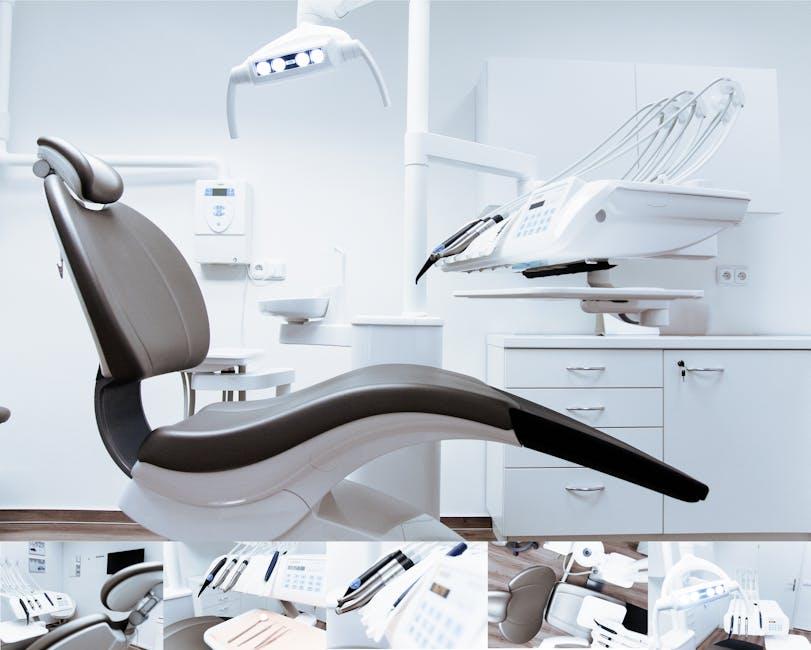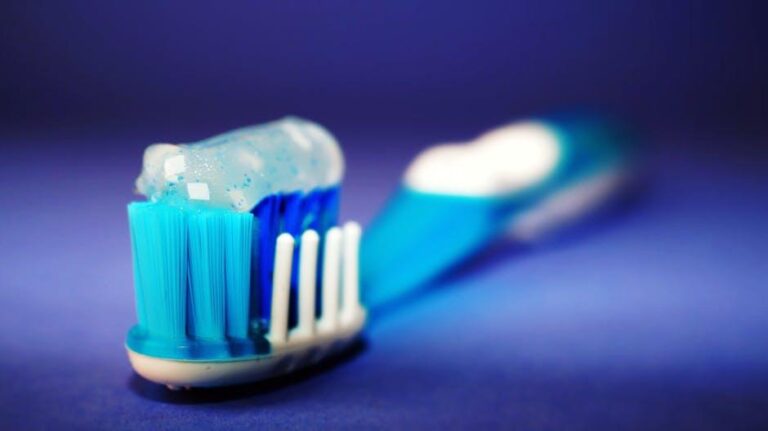
Oral Health-Related Quality of Life in Northland Māori Children and Adolescents with Polynesian Amelogenesis Imperfecta – Frontiers
Amelogenesis imperfecta (AI) is a rare genetic enamel disorder that significantly affects dental aesthetics, function, and overall oral health. When this condition appears in Northland Māori children and adolescents, particularly those of Polynesian descent, it presents unique cultural, clinical, and psychosocial challenges. This article explores the oral health-related quality of life (OHRQoL) in these children with Polynesian AI, highlighting findings from recent research published in Frontiers. We’ll delve into how AI impacts young Māori’s lives, offer practical insights, and share strategies to support better oral health outcomes and life quality.
Understanding Polynesian Amelogenesis Imperfecta
Amelogenesis imperfecta is a hereditary condition that affects the development and quality of tooth enamel. In Polynesian populations, particularly among Northland Māori, a distinct variant of AI has been identified, named Polynesian amelogenesis imperfecta. This variant commonly involves:
- Defective enamel formation, resulting in thin, soft, or absent enamel layers
- Increased tooth sensitivity and susceptibility to wear and damage
- Distinct dental appearance, including discoloration and surface irregularities
This anomaly often results in both functional and aesthetic challenges, influencing not only oral health but also psychological well-being.
Impact on Oral Health-Related Quality of Life (OHRQoL)
OHRQoL refers to how oral health affects an individual’s daily functions, appearance, comfort, and general life satisfaction. For Northland Māori youth with Polynesian AI, the impact can be profound:
Physical and Functional Effects
- Eating Difficulty: Damaged enamel can cause intense pain during mastication, limiting dietary options.
- Tooth Sensitivity: Exposure of dentin results in extreme cold, heat, and sweet sensitivity, disrupting daily comfort.
- Increased Risk of Decay: Weak enamel predisposes teeth to cavities and structural damage.
Psychosocial Challenges
- Self-Esteem Issues: Visible enamel defects cause embarrassment and lowered self-confidence, particularly in social settings.
- Peer Interactions: Stigma and bullying related to dental appearance can impair social development.
- Academic Impact: Pain and dissatisfaction may reduce concentration and school attendance.
Key Findings from the Frontiers Study on Northland Māori Children
The Frontiers study offers valuable insights into how Polynesian AI uniquely affects Northland Māori children and adolescents:
| Study Aspect | Findings |
|---|---|
| Sample Population | Māori children aged 6-18 with confirmed Polynesian AI |
| OHRQoL Scores | Significantly lower than non-AI peers, particularly in emotional and functional domains |
| Aesthetic Concerns | High frequency of dissatisfaction with dental appearance |
| Treatment Access | Delayed dental care due to geographic and cultural barriers |
| Community Impact | Strong desire for culturally sensitive and affordable treatment options |
Benefits of Focused Oral Health Care for Polynesian AI
Improving OHRQoL in Northland Māori children with Polynesian AI hinges on comprehensive, culturally respectful dental care. Benefits of focused treatment include:
- Pain Reduction: Restorative procedures can protect sensitive teeth and reduce discomfort.
- Enhanced Functionality: Improved chewing ability supports better nutrition and general health.
- Improved Aesthetics: Cosmetic dental treatments bolster self-esteem and social confidence.
- Preventive Care Awareness: Education programs encourage early detection and long-term oral health maintenance.
- Cultural Integration: Incorporating Māori traditions and values fosters trust and uptake of care.
Practical Tips for Caregivers and Dental Professionals
Providing effective support for children and adolescents with Polynesian AI requires a thoughtful, multidisciplinary approach:
- Regular Dental Monitoring: Frequent professional check-ups allow early intervention.
- Culturally Responsive Communication: Engage whānau (family) to respect cultural values and improve cooperation.
- Pain Management Strategies: Use desensitizing agents, topical fluorides, and protective restorations.
- Psychosocial Support: Address self-esteem issues through counseling and peer support groups.
- Access Advocacy: Facilitate connections to community health services and financial aid programs.
Case Study: Hana’s Journey with Polynesian Amelogenesis Imperfecta
Hana, a 12-year-old girl from Northland, began experiencing severe tooth sensitivity and discoloration at age 7. Diagnosed with Polynesian AI, her school performance declined due to discomfort and self-consciousness. After enrolling in a culturally supportive dental program that combined restorative treatments and whānau involvement, Hana’s pain diminished, and her confidence grew. According to her mother, the tailored care approach transformed Hana’s outlook and improved her daily life quality significantly.
Future Directions and Research Needs
Advancing oral health outcomes for Northland Māori children with Polynesian AI calls for:
- Expanded research on genetic markers and enamel defect mechanisms specific to Polynesian populations.
- Development of culturally appropriate, accessible dental care models in remote communities.
- Innovative treatment approaches balancing aesthetics and functionality.
- Empowerment of Māori health providers in oral health education and services.
Conclusion
Polynesian amelogenesis imperfecta, as seen in Northland Māori children and adolescents, significantly influences oral health-related quality of life through both physical symptoms and psychosocial impacts. The Frontiers research underscores the urgent need for culturally sensitive, comprehensive care programs that address these unique challenges. By focusing on prevention, timely intervention, and family-centered approaches, dental professionals and communities can empower Māori youth to overcome the hurdles of AI and lead healthier, happier lives.
For families and caregivers, understanding the condition and working closely with culturally aware dental professionals is key to mitigating the effects of AI. As awareness grows and research progresses, we can anticipate better support systems and innovative therapies that honor both the cultural identity and oral health needs of Northland Māori children with Polynesian amelogenesis imperfecta.


